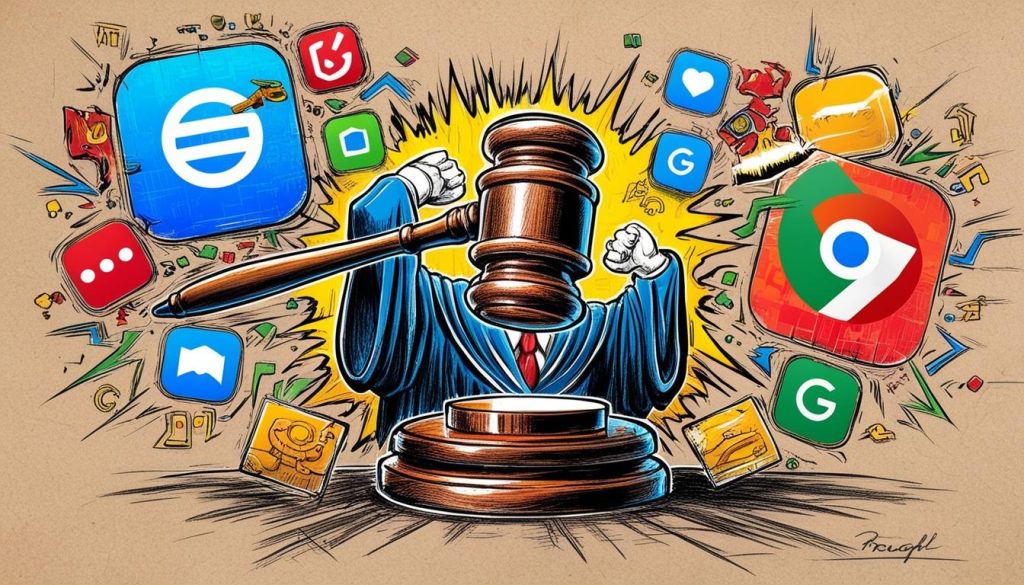In a pivotal moment for the legal case between Epic Games and Google, a U.S. District Judge has ruled that the Google Play Store operates as an illegal monopoly, leading to an injunction that may significantly alter how Google conducts business.
In a significant development in the ongoing legal battle between Epic Games and Google, U.S. District Judge James Donato has issued a decision impacting the operations of the Google Play Store. The legal case, Epic v. Google, reached a turning point when a jury determined that the Google Play Store constituted an illegal monopoly. Consequently, Judge Donato issued an injunction that demanded substantial changes to how Google conducts business through its Play Store.
Google has been quick to respond to the injunction, seeking an appeal, and the company argues that enforcing these changes prematurely could lead to “unintended consequences” for consumers, developers, and device manufacturers. Google maintains that these drastic modifications could introduce security risks and disrupt its existing relationships with partners. As of October 18, Judge Donato has granted a temporary administrative stay on the injunction, delaying all but one of the outlined changes.
This administrative stay will hold until the Ninth Circuit Court of Appeals decides on whether to further delay the enforcement of the injunction while Google’s appeal is considered. This decision by the Ninth Circuit is anticipated to stabilise the current operations of the Google Play Store, potentially preventing immediate modifications while the appeal process unfolds.
Google has explicitly expressed its disapproval of these legal challenges, pointing out the contrast with a previous court decision rejecting similar claims against Apple. The company underscores the flexibility and openness of the Android platform, which already supports multiple app stores and the sideloading of applications, unlike Apple’s iOS system.
The only aspect of Judge Donato’s injunction not paused by the administrative stay compels Google to cease making agreements with original equipment manufacturers (OEMs) or carriers that preclude the installation of competing app stores. This aspect is still set to come into effect on November 1. This measure could pave the way for third-party app stores like the Epic Game Store to be pre-installed on devices from certain carriers or brands, potentially diversifying the app ecosystem across Android devices.
Google’s concern centres on the rapid implementation timeline imposed by the injunction, which demanded compliance in a mere 30 days. The tech giant contends that such an expedited schedule could compromise user safety and the security of the Android ecosystem at large.
As the legal proceedings continue, the tech world closely watches the Ninth Circuit Court’s forthcoming decision regarding Google’s emergency motion. This move could defer significant alterations to the Google Play Store for an extended period, depending on the court’s ruling. For now, stakeholders, including consumers and developers, await the legal system’s next steps in this landmark case that could have far-reaching implications on digital marketplace dynamics.
Source: Noah Wire Services








